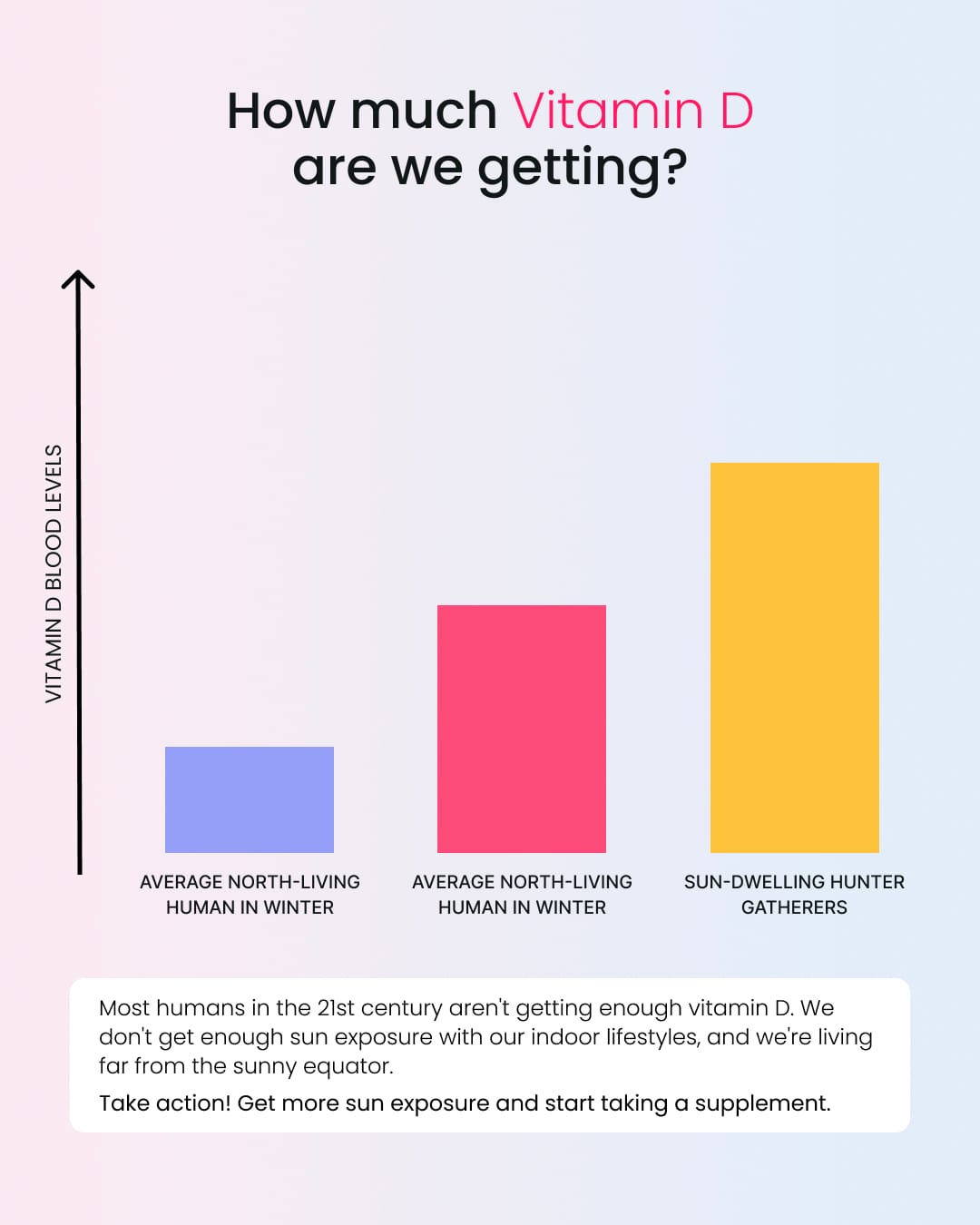Vitamin D and Longevity: A Deep Dive into the Latest Findings
The Sunshine Vitamin and the Secrets of a Longer Life
For years, vitamin D has been praised for its role in bone health, immune function, and overall well-being. But recent research is shedding new light on its impact on longevity. Could this humble nutrient be the key to a longer, healthier life? Scientists have been exploring the intricate relationship between vitamin D levels and aging, with findings that suggest it may influence everything from cardiovascular health to cognitive function. Let’s take a closer look at the latest discoveries and what they mean for your longevity.
How Vitamin D Affects the Aging Process
Vitamin D is more than just a bone-strengthening agent—it plays a pivotal role in cellular health. It functions as a hormone, regulating over 200 genes, many of which are involved in aging and disease prevention. Studies indicate that adequate vitamin D levels can help reduce inflammation, a major driver of chronic diseases such as heart disease, diabetes, and cancer. Moreover, its role in immune modulation means it may help fend off infections and even slow cellular aging by reducing oxidative stress.
One study published in The Journal of Aging Research found that individuals with higher levels of vitamin D had longer telomeres—the protective caps on chromosomes that shorten with age. Shorter telomeres are linked to accelerated aging and increased disease risk. This suggests that maintaining optimal vitamin D levels could contribute to longevity at a fundamental, cellular level.
The Connection Between Vitamin D and Disease Prevention
Chronic diseases are the biggest threats to longevity, and vitamin D appears to play a protective role against many of them. Here’s how:
- Cardiovascular Health – Research shows that vitamin D deficiency is linked to an increased risk of hypertension, heart disease, and stroke. It helps regulate blood pressure and supports endothelial function, which keeps blood vessels flexible and healthy.
- Cognitive Function – Low vitamin D levels have been associated with cognitive decline and an increased risk of neurodegenerative diseases like Alzheimer’s. Studies suggest that vitamin D helps protect neurons from damage and supports brain function as we age.
- Cancer Prevention – Some studies indicate that adequate vitamin D may reduce the risk of certain cancers, including breast, prostate, and colon cancer. Its anti-inflammatory and immune-boosting properties play a key role in inhibiting cancer cell growth.
- Immune System Support – Vitamin D enhances immune response, reducing susceptibility to infections. It has been linked to a lower risk of autoimmune diseases, including multiple sclerosis and rheumatoid arthritis.
How to Optimize Your Vitamin D Levels
While sunlight remains the most natural source of vitamin D, modern lifestyles often limit our exposure. Here are some ways to ensure you’re getting enough:
- Sunlight Exposure – Aim for 10-30 minutes of direct sunlight on your skin several times a week, depending on your skin type and geographical location.
- Dietary Sources – Fatty fish like salmon, tuna, and mackerel, as well as egg yolks, fortified dairy products, and mushrooms, are excellent dietary sources.
- Supplementation – If you’re not getting enough from sunlight and food, vitamin D supplements can help maintain optimal levels. However, it’s best to consult a healthcare provider for personalized recommendations.
- Regular Testing – Monitoring your vitamin D levels through blood tests can help you adjust your intake accordingly.

Final Thoughts: Should You Boost Your Vitamin D Intake for Longevity?
While no single nutrient can guarantee a longer life, the evidence supporting vitamin D’s role in longevity is compelling. From cellular health to chronic disease prevention, it influences multiple factors that contribute to aging. If you’re looking to enhance your health span and potentially extend your lifespan, ensuring optimal vitamin D levels should be a priority.
As research continues to unravel the mysteries of vitamin D, one thing is clear—it’s more than just the sunshine vitamin; it’s a cornerstone of long-term well-being. So, step into the sun, adjust your diet, and take proactive steps to harness the benefits of this remarkable nutrient for a healthier, longer life.







Comments